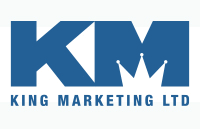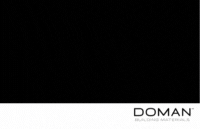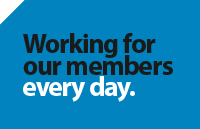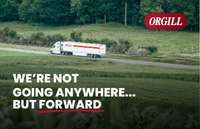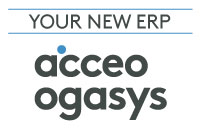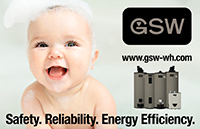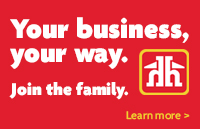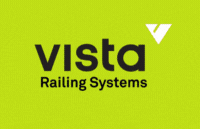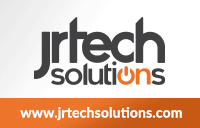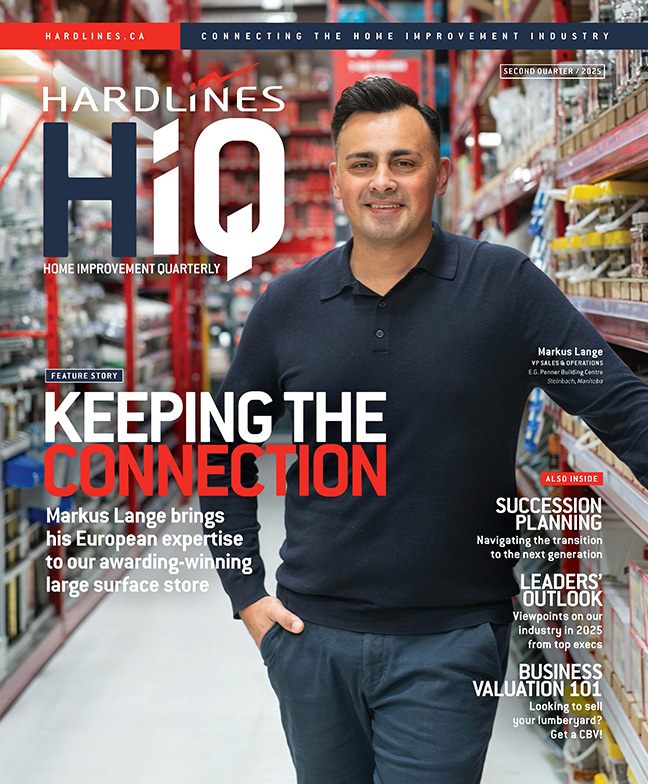Walter Pranke is the lead at WP HR Consulting & Coaching, specializing in manufacturing, technology, and not-for-profit companies. As the former vice president, human resources at Lee Valley Tools, a chain of tool and gift stores based in Ottawa, he is also familiar with the retail side. A certified executive coach, he has returned to private consulting following his contract with Lee Valley.
With inflation, rising interest rates, and a Covid pandemic that hasn’t really gone away, HR people are facing an evolving set of challenges. We talked with HR and coaching consultant Walter Pranke about what companies should watch out for in the coming months.
At the top of Pranke’s list is the issue of returning to in-person work. “I think what’s changed is: what’s the work style? Are we in-person, are we hybrid?”
Through the first years of Covid, lots of companies offered a choice of remote or in-person work, with lots of leeway for working from home. “But it feels like many organizations are talking about coming back to work.”
He says that can be a day per week or a few days a week. But regardless of the mix, many issues are attached to that decision, such as finding daycare for kids as people find themselves returning to a more traditional nine-to-five scenario.
Pranke urges companies to maintain transparency and communicate every step of the changes clearly. He says people returning to work have parking costs, childcare, and commute times to contend with. He calls managing that change the number-one situation. “If you don’t communicate the change effectively, you’re going to have people who are going to be pushing back.”
Finding people remains the next big challenge, whether it’s in the store or on the manufacturing floor. And Pranke admits that it’s difficult to pinpoint why it’s still a challenge. Many older people are at or near retirement age and leaving the workforce. At the other end of the spectrum, many younger people are reluctant to return to the service industries like restaurants. Tech workers are getting laid off in large numbers, but it doesn’t necessarily migrate over to retailing or manufacturing.
“I don’t know if that’s because we’re coming out of Covid and people are still thinking about what they do next, how they reshape their thinking about ‘where am I going to work, how am I going to work, where do I want to work—do I want to work?’”
Meanwhile, inflation remains high. “That is going to have an impact for companies. How do they recession-proof themselves as a business—operations, staffing?” For many firms that may have given big raises last year, can they do that again? “It’ll be very challenging, I think, for businesses to have healthy compensation and increases.”













